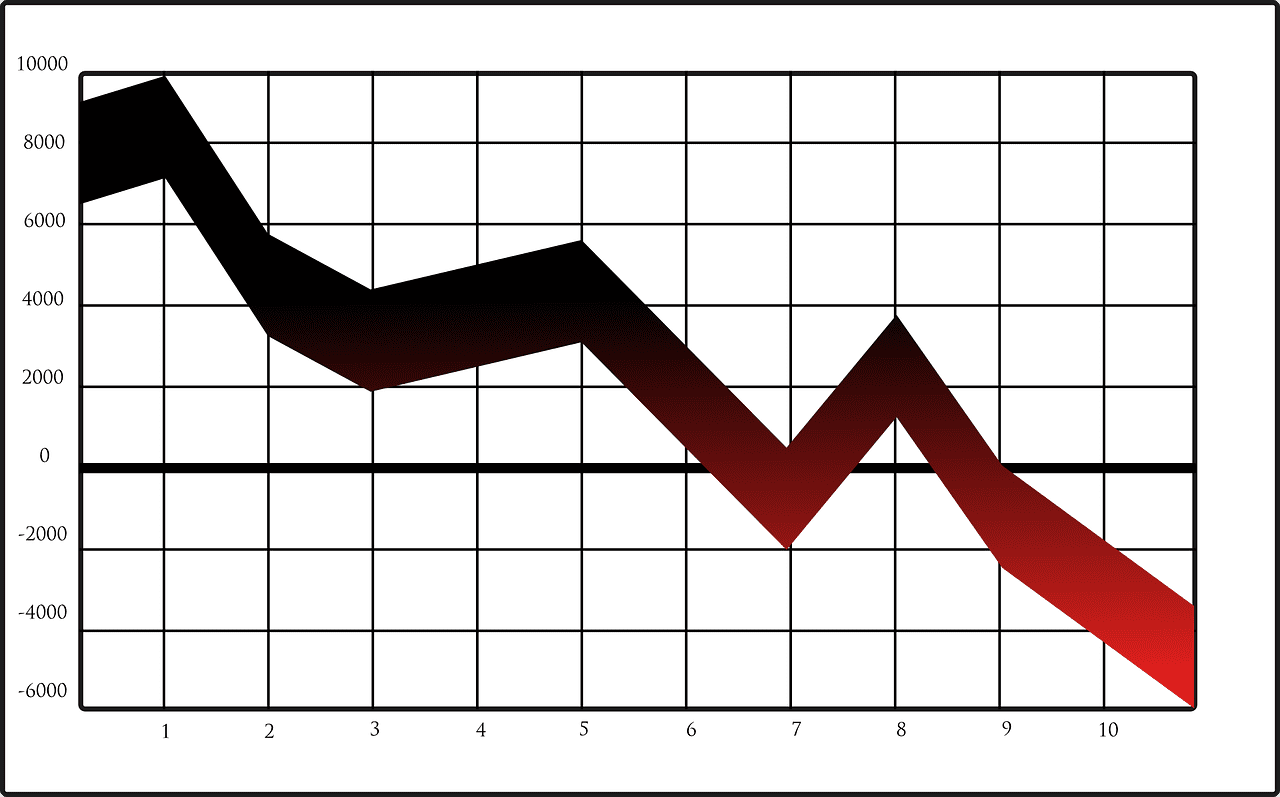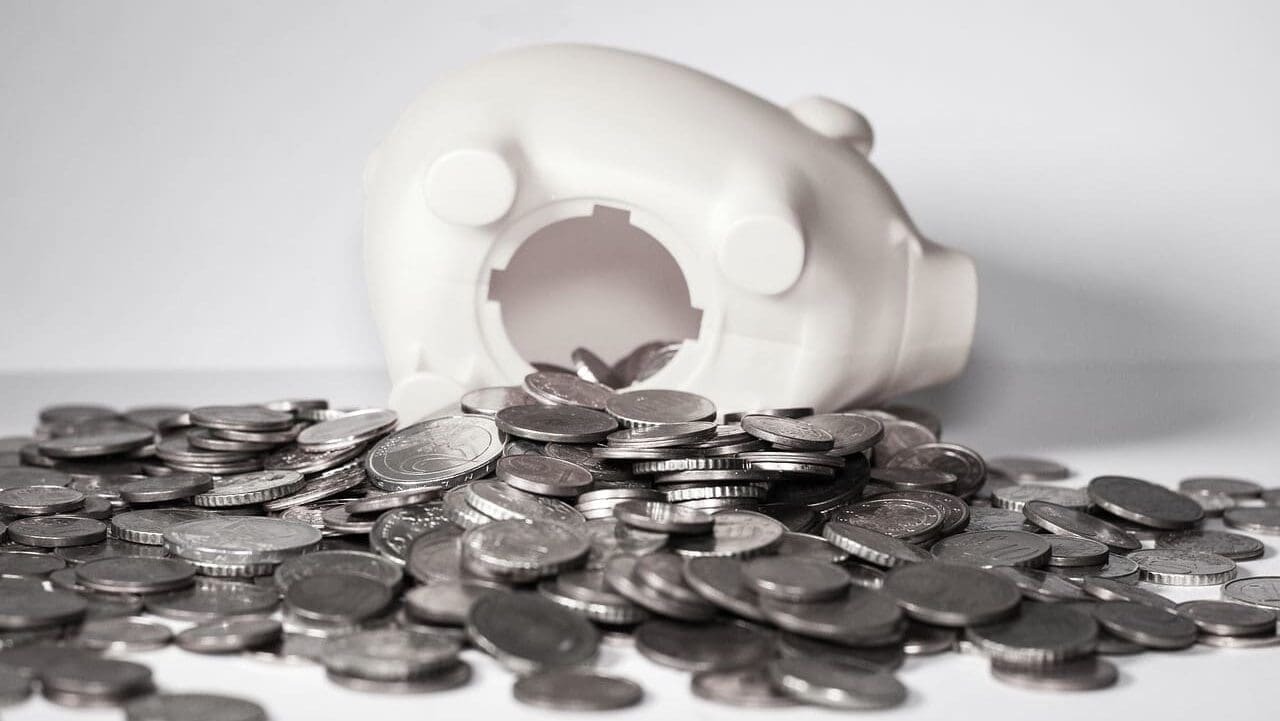
Facts and Fiction in the British Budget Battle
While proposing fiscal austerity, the Labour government hopes to revive the British economy. For a number of reasons, this will not work.

While proposing fiscal austerity, the Labour government hopes to revive the British economy. For a number of reasons, this will not work.

High debt and low consumer confidence spell further trouble for the Labour government.

The Italian prime minister recently bragged about how her government has improved the country’s economy. As it turns out, all her numbers are wrong or misleading.

Fear not the stock market. Fear politicians who use its drama as a pretext to do stupid things to the economy.

On the battleground of the economy, Macronist lecturers on good management have seriously lost credibility.

Amidst Europe’s uncertain economic future, Hungary exhibits a resilient economy with a positive outlook for the rest of the year.

The problem in Europe and America is not that the free-market economy is too big. The problem is that the free-market economy is not big enough.

“Opaque” public body accused of basing data on “absurd” assumptions.

Economists have failed to explain Europe’s economic stagnation. Here is an explanation they have not considered.

There is a deep, structural flaw in the Swedish economy. It is so bad that the country is now slow-walking itself into an economic crisis.